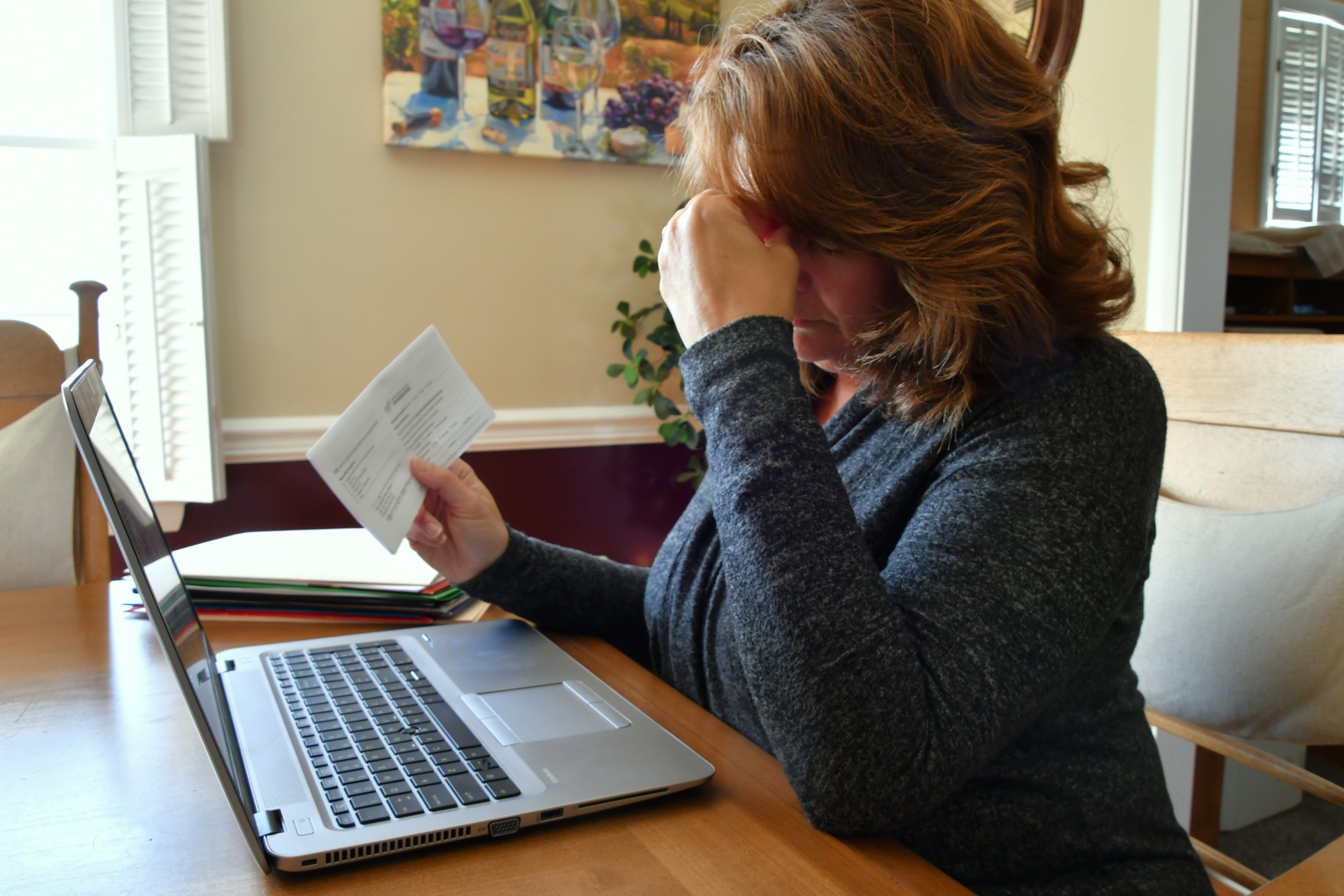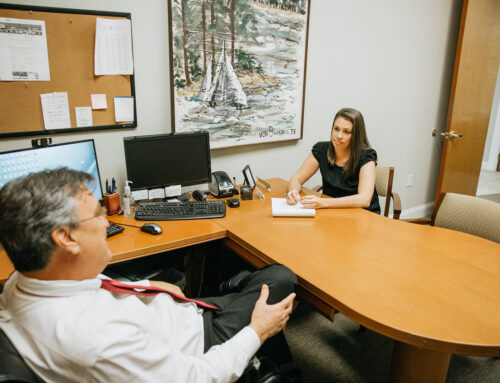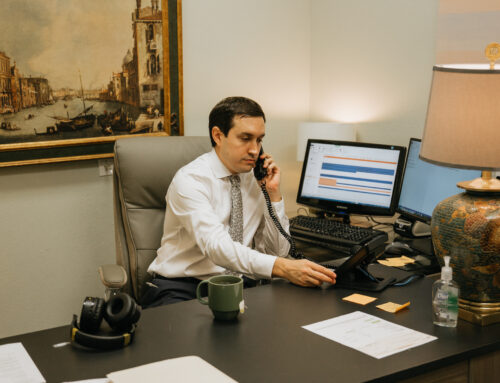There are many reasons people may hesitate to file bankruptcy, even if the process represents their best chance at a fresh financial start. One of the primary concerns is having to appear in court. After all, the idea of having to sit before a judge and plead for a positive outcome is intimidating for anyone. The good news is that most of those who file for bankruptcy will never have to appear in a courtroom. Here are the facts you need to know.

What is a 341 Meeting?
Debtors must attend a meeting of creditors – or a section 341 meeting. At this proceeding, they will testify under oath that the information they provided in their filing documentation is accurate and true. However, this sworn testimony is provided before the bankruptcy trustee, not a judge. In fact, depending on the jurisdiction, 341 meetings may not even take place at the courthouse.
In most Chapter 7 cases, the 341 meeting lasts less than ten minutes and consists of the trustee asking questions regarding the filer’s property, debts, and financial history. Being as open and honest with your attorney as possible about your financial situation is essential.
When a Court Appearance May Be Required
For most petitioners, the likelihood of a court appearance is low. However, debtors should understand that filing for bankruptcy is more than just filling out paperwork. Three primary situations may trigger the need to go to court.
Objections to Exemptions: A bankruptcy filing requires a debtor to identify the property they own that is considered exempt under bankruptcy laws. Exemptions protect property such as their residence, vehicle, or retirement accounts. However, debtors must comply with their state’s exemption rules. An experienced bankruptcy attorney will review exemptions with their client to determine which property qualifies for exemption, but creditors may disagree and force a court appearance.
Show Cause Order: A show cause order is generally utilized in contempt cases when debtors have lied to the court. It may also apply to debtors who forgot an essential step during their bankruptcy filing, such as not providing all documents or not disclosing some assets. In these cases, they may need to justify to the court why the discharge should be approved. Many people who attempt to file bankruptcy without the assistance of an attorney find themselves in this situation. Although they are honest and act in good faith, they do not entirely understand all the necessary steps and paperwork requirements.
Adversary proceedings: An adversary proceeding is a lawsuit that can be filed by anyone involved in a bankruptcy, including the debtor, when a judge’s order is required to provide relief. Types of adversary proceedings include fraudulent transfers, objections, and challenges to discharge.
Going to Court – The Bottom Line
Most people who choose to file bankruptcy will never have to face a judge or appear in court. Those who do end up in a courtroom are often there because they attempted bankruptcy independently and without a comprehensive understanding of the bankruptcy process.
Hiring an experienced bankruptcy attorney is the best first step to a smooth proceeding that keeps you out of the courthouse. The second imperative is to be completely honest with your attorney regarding the true nature of your financial situation and to fill out all paperwork truthfully. These two actions should alleviate any fear of a court appearance in most cases.
Richard V. Ellis is a trusted Sarasota bankruptcy attorney who has helped hundreds of local area residents to achieve financial recovery. Call today to learn more about how bankruptcy may be the right solution for you and your family.





